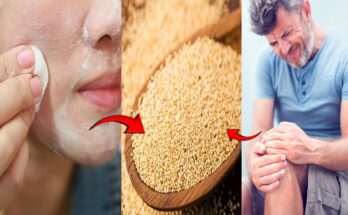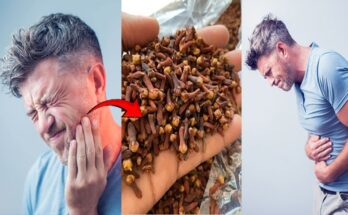For couples trying to conceive, adopting a healthy diet and lifestyle can significantly impact fertility and increase the likelihood of successful conception. By incorporating specific nutrients and dietary strategies into your daily routine, you can optimize reproductive health and enhance your chances of having a baby. In this article, we’ll explore the best diet tips to boost fertility and increase your chances of conceiving naturally.
Understanding Fertility and Nutrition:
1. Importance of Nutrient-Rich Diet:
A balanced and nutrient-rich diet plays a crucial role in supporting reproductive health and fertility. Certain vitamins, minerals, antioxidants, and essential fatty acids are essential for hormonal balance, egg and sperm health, and overall fertility.
2. Impact of Lifestyle Factors:
In addition to diet, lifestyle factors such as body weight, physical activity, smoking, alcohol consumption, and stress levels can influence fertility in both men and women. Making healthy lifestyle choices and prioritizing self-care can improve reproductive outcomes and enhance fertility.
Best Diet Tips for Boosting Fertility:
1. Eat a Balanced Diet:
Consume a well-balanced diet that includes a variety of fruits, vegetables, whole grains, lean proteins, and healthy fats. Aim to fill your plate with colorful, nutrient-dense foods that provide essential vitamins, minerals, and antioxidants to support reproductive health.
2. Focus on Fertility-Boosting Nutrients:
Incorporate foods rich in fertility-boosting nutrients such as folate, zinc, iron, omega-3 fatty acids, and antioxidants. Foods like leafy greens, citrus fruits, nuts, seeds, oily fish, and legumes can help promote hormonal balance and optimize reproductive function.
3. Maintain a Healthy Weight:
Maintain a healthy body weight through balanced nutrition and regular physical activity. Excess body weight or obesity can disrupt hormonal balance and impair fertility in both men and women, while being underweight can also negatively impact reproductive health.
4. Stay Hydrated:
Stay hydrated by drinking plenty of water throughout the day. Proper hydration is essential for reproductive function, as it helps maintain cervical mucus production, support sperm health, and optimize blood flow to the reproductive organs.
5. Limit Caffeine and Alcohol:
Limit consumption of caffeine and alcohol, as excessive intake of these substances can negatively affect fertility and reproductive health. Opt for decaffeinated beverages and moderate alcohol consumption to support optimal fertility.
6. Manage Stress:
Practice stress-reduction techniques such as mindfulness, meditation, yoga, or deep breathing exercises to manage stress levels and promote relaxation. Chronic stress can disrupt hormonal balance and impair fertility, so prioritizing stress management is essential for optimizing reproductive health.
Conclusion:
Optimizing fertility and increasing the chances of conceiving a baby involves adopting a holistic approach that encompasses diet, lifestyle, and self-care practices. By focusing on nutrient-rich foods, maintaining a healthy weight, staying hydrated, limiting caffeine and alcohol, and managing stress levels, you can support reproductive health and enhance your chances of achieving pregnancy naturally. Remember that every person’s fertility journey is unique, and seeking support from healthcare providers or fertility specialists can provide personalized guidance and support along the way.






